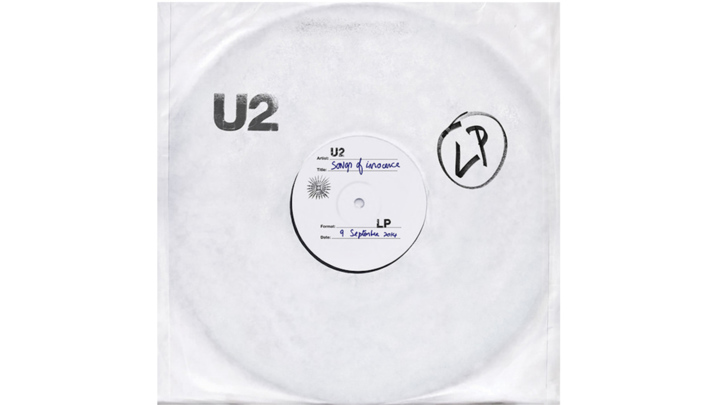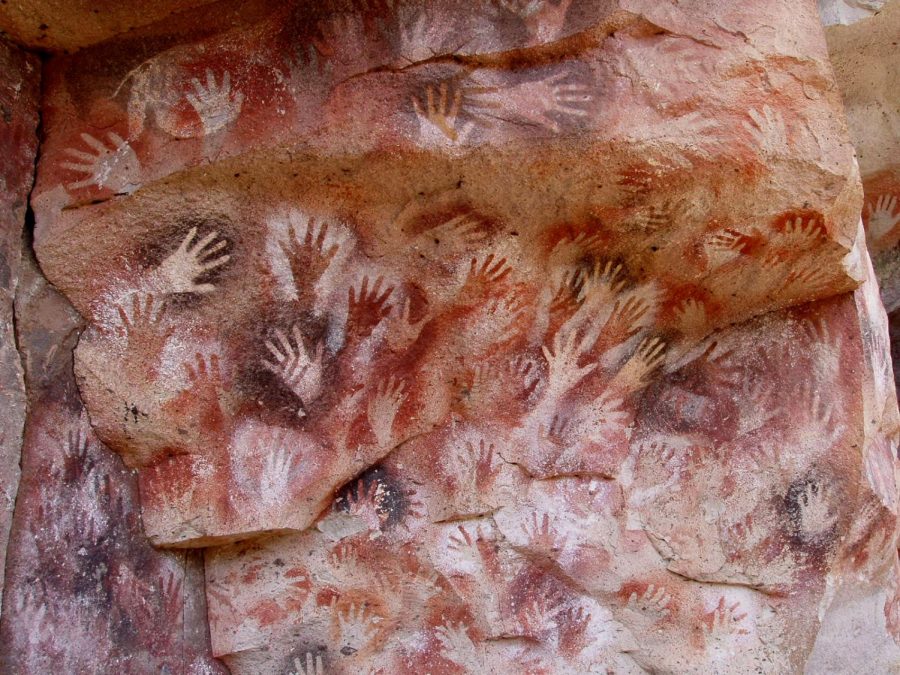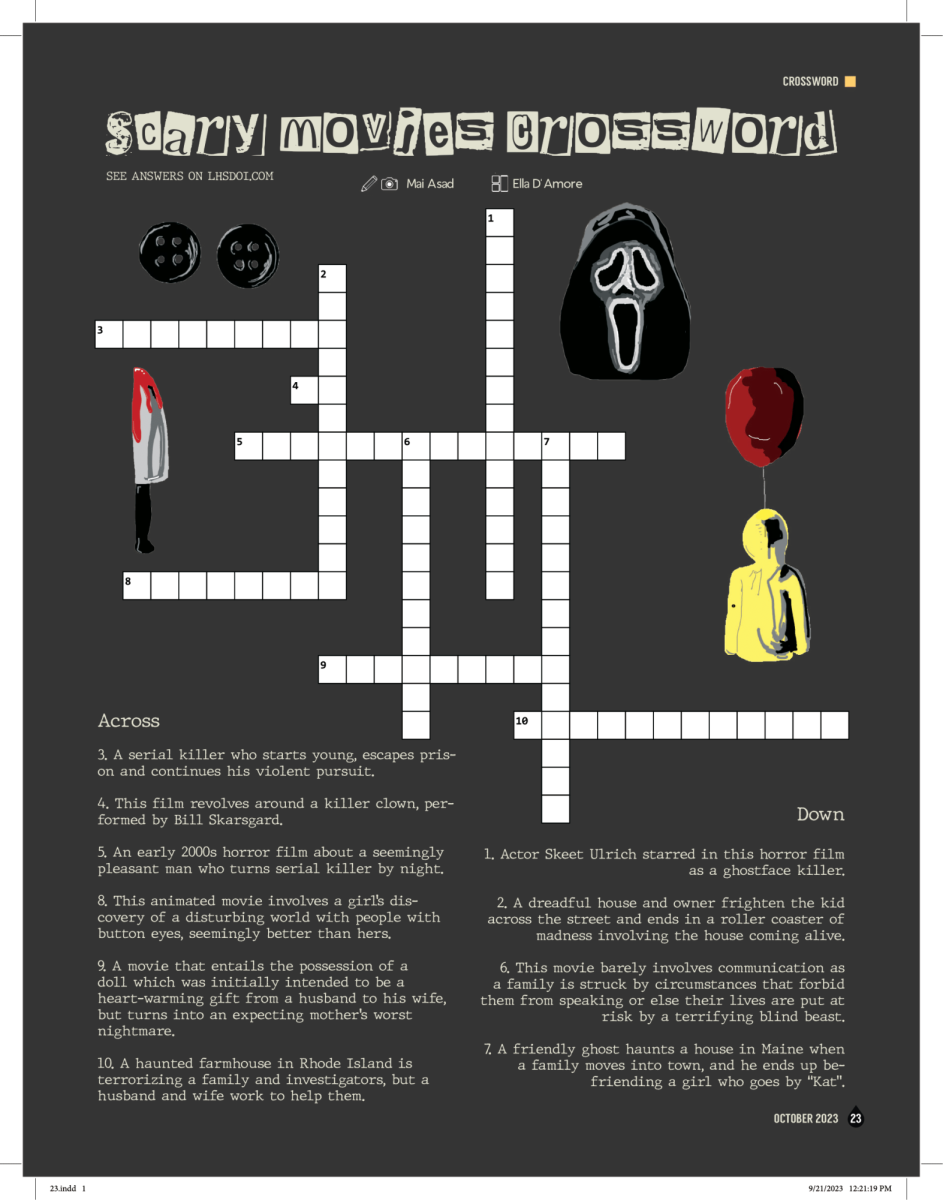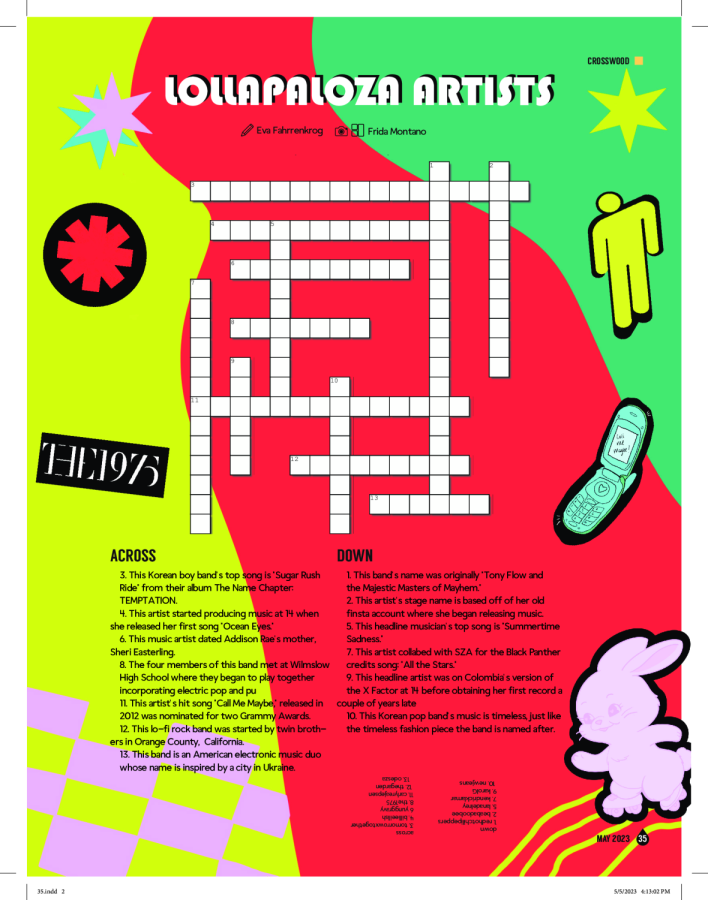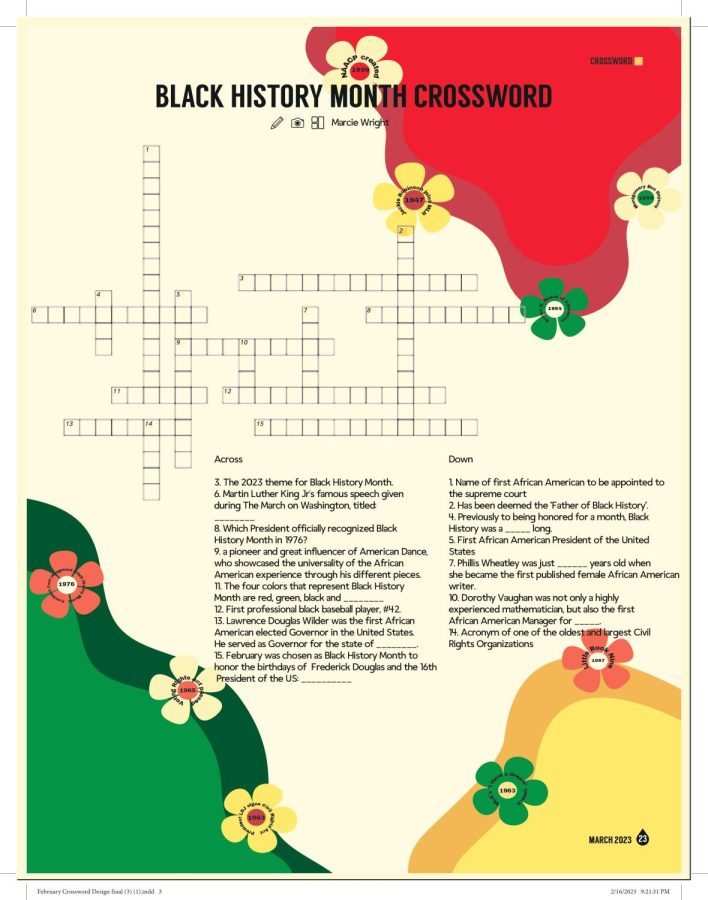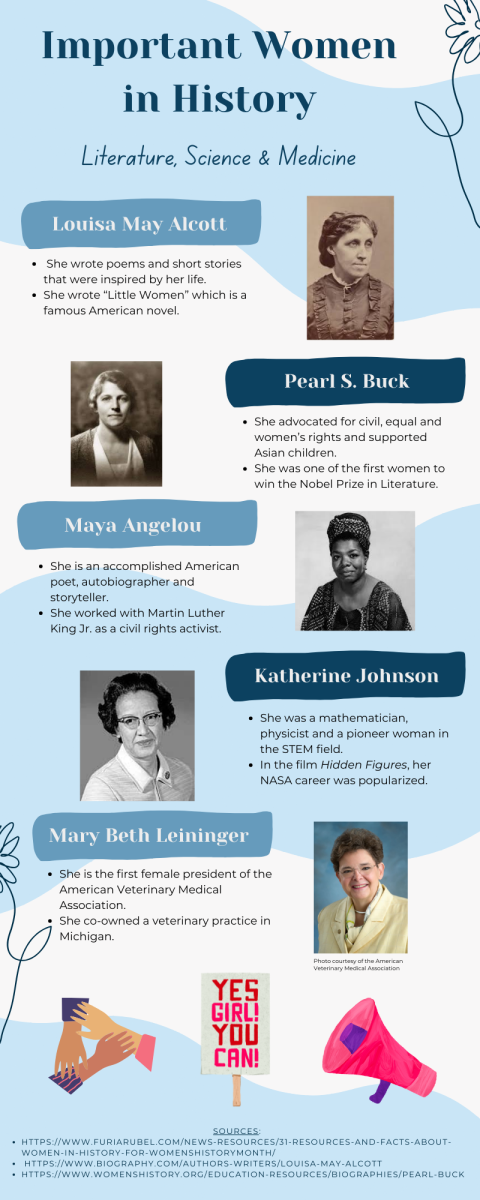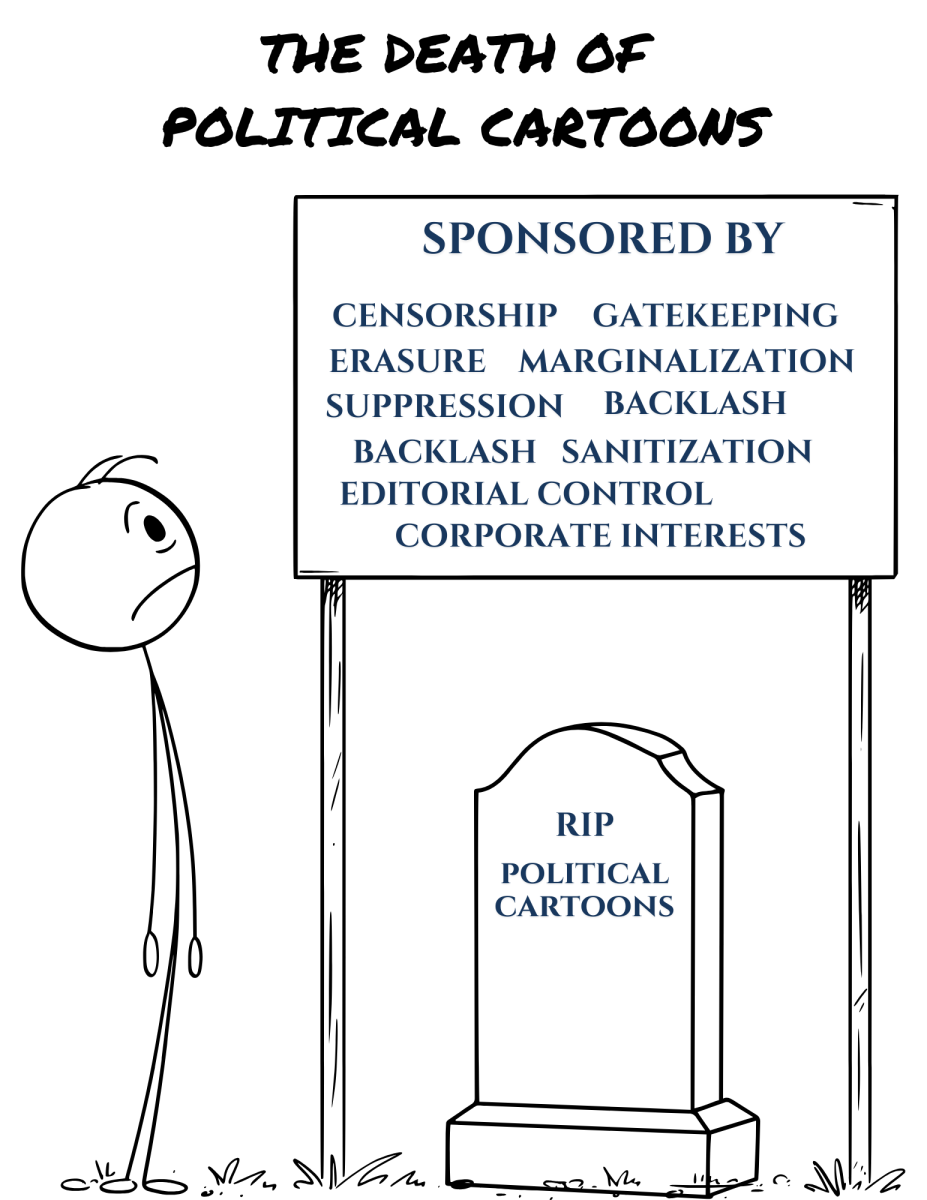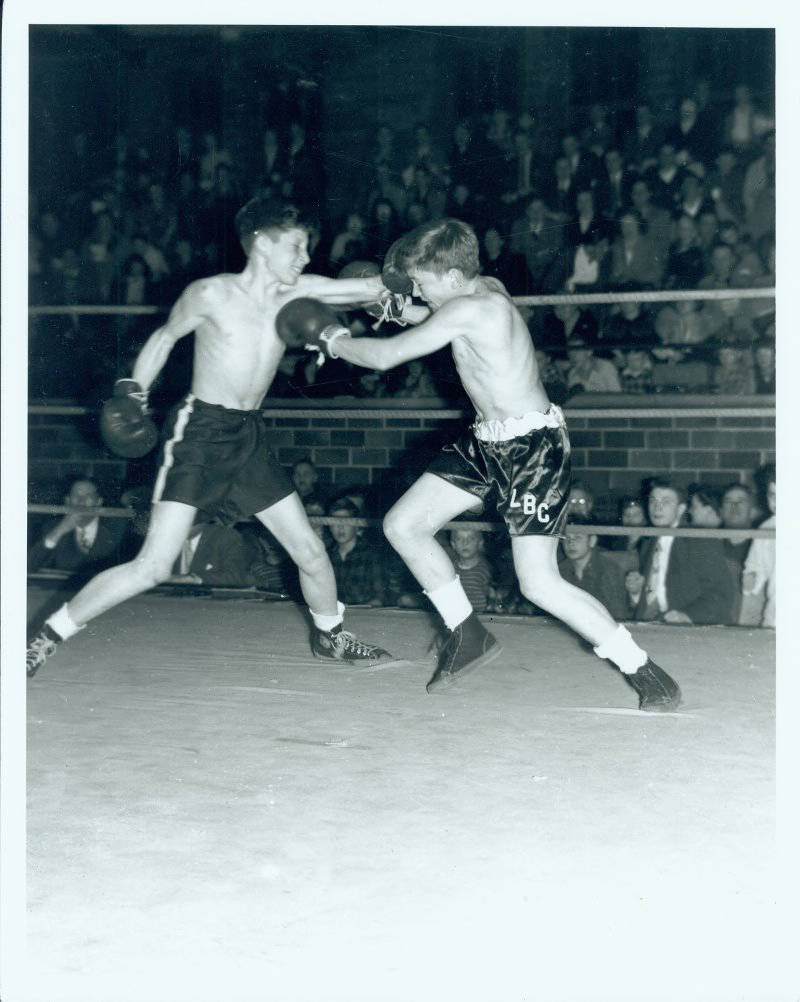In an honest and true stride, U2 claims bragging rights to yet another inspiring and prolific record for the masses: Songs of Innocence.
Dripping with remnants of past pain and oozing with steadfast resilience, the album captures a set of masterfully constructed tracks from start to end.
Through lead singer Bono’s honed lyrical skills, a powerful message is brought to light: the necessity of love in times of struggle. In a “Song for Someone,” Bono sings, “If there is a light/ You can’t always see/ And there is a world/ We can’t always be/ If there is a dark/ That we shouldn’t doubt/ And there is a light/ Don’t let it go out.” In such a manner, the album expresses a voice illustrating the group’s journey as a band and as writers with a yearning to step back and shed some nostalgia into their music–they’ve earned the write.
Now that doesn’t mean the vets have turned soft. The album is anything but weak, as it delves into issues of home and loss. “My mother died that year (2014), so did my granddad… after grief comes rage… the molten lava that turns to rock if it can… this kind of fire in the belly cannot sustain. If you’re lucky, it burns out before you burn out,” said Bono of the track “Volcano,” according to atu2.com, a fan site for the band. The tunes beg to illustrate a notion that the band’s journey continues even with age, and their art continues to thrive.
The album lays much focus on the hardships faced growing up in a violent and unstable Ireland in the 1970s, as well as how they learned to cope with the chaos through music. In the track “Raised by Wolves”, Bono sings, “metal crash/ I can tell what it is/ But I take a look/ And now I’m sorry I did/ 5:30 on a Friday night/ 33 good people cut down,” referring to a traumatic memory from childhood.
“Ireland in the 70s was a tough place,” Bono commented to atu2.com. “On May 17 (1974), I rode my bike to school… and dodged one of the bloodiest moments in the history that divided an island. Three car bombs coordinated to detonate at the same time destroyed Dublin’s city centre. My old friend Andy Rowen was locked in his father’s van as his dad ran to save the victims scattered like refuse across the streets. The scene never left him,” the singer says about the track, in addition to other memories from home the group recalls vividly.
Amongst the aggression and hardship comes the music and beauty envisioned as a result. In the song, “The Miracle (Of Joey Ramone),” the lyrics tell the story of the members of U2 sneaking into a Ramones concert, one of the few purely joyful songs off the record. “We had no tickets and no money. My best friend Guggie had a ticket and he snuck us through a side exit he pried open. The world stopped long enough for us to get in. Even though we only saw half the show, it became one of the greatest nights of our life,” said Bono on atu2.com.
In modest fashion, the album was released for free on iTunes and automatically given to listeners. Ironically, the Songs of Innocence received harsh criticism from those who didn’t want the music. Why anyone would throw a fit for a free listen to just about anything is beyond me. It’s a changing world for music, and U2 refuses to not be a part of it.



